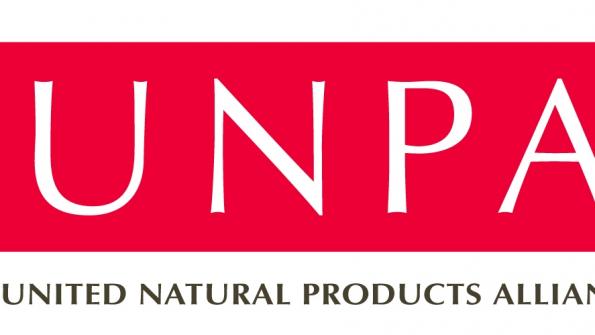New "no sale" policy for bulk-powdered caffeine for retail sales is effective immediately as a condition of membership for prospective and all current UNPA members.
March 24, 2015

The United Natural Products Alliance (UNPA), an international association of forward-looking companies dedicated to providing consumers with natural health products of superior quality, benefit and reliability, has approved the adoption of a new "no sale" policy for bulk-powdered caffeine (BPC) for retail sales.
The policy is effective immediately as a condition of membership for prospective and all current UNPA members.
Additionally, UNPA recommends that BPC not be advertised, sold or marketed as a dietary supplement for retail sale or exhibited at trade shows until a final determination is reached by the Food and Drug Administration (FDA) as to the safety and suitable labeling of such products.
“This new policy is another proactive step taken by UNPA that is in alignment with our mission of supporting safety, science and quality in natural health products,” said Loren Israelsen, UNPA president. “We encourage all other members of the dietary supplement industry to take similar steps to remove bulk-powdered caffeine from the retail marketplace.”
In recent months, at least two confirmed deaths and an unknown number of medical events have been attributed to consumption of BPC sold through retail venues. These deaths have drawn the attention of members of Congress, FDA, the Center for Science in the Public Interest (CSPI) and the national media. At issue is whether BPC sold at retail presents a significant or unreasonable risk of illness or injury under the conditions of use, due to the very low dose-to-toxicity ratio of caffeine and the difficulty in safely measuring and dosing bulk caffeine by consumers.
UNPA will inform interested parties, including FDA and selected members of Congress, of this policy and urge FDA to exercise its authority granted under the Dietary Supplement Health and Education Act (DSHEA) to take appropriate regulatory action with respect to BPC and to do so on an expedited basis.
UNPA believes that FDA has the authority to remove BPC from the market under DSHEA, per the "significant or unreasonable risk of illness or injury" provision, which was exercised in 2004 by FDA to remove ephedra (Ephedra sinica) from the market. This very fact is noted in a petition from CSPI to FDA dated Dec. 9, 2014, and UNPA agrees that FDA can and should, if facts and data so warrant, exercise this same authority with respect to BPC.
The new policy regarding the “no sale” of BPC joins the following trade policies enacted by UNPA:
Effective May 1, 2014, UNPA members will not engage in the sale, distribution or marketing of any products that contain kratom (Mitragyna speciosa) for human use or consumption.
Effective May 1, 2013, no UNPA member will engage in the sale of 1,3-dimethylamylamine, methylhexanamine or geranium extract, commonly known as DMAA, or any chemically related substance.
Effective May 1, 2005, UNPA members will not engage in the sale, distribution or marketing of any products containing ephedra or ma huang (Ephedra sinica) at any dose.

You May Also Like


